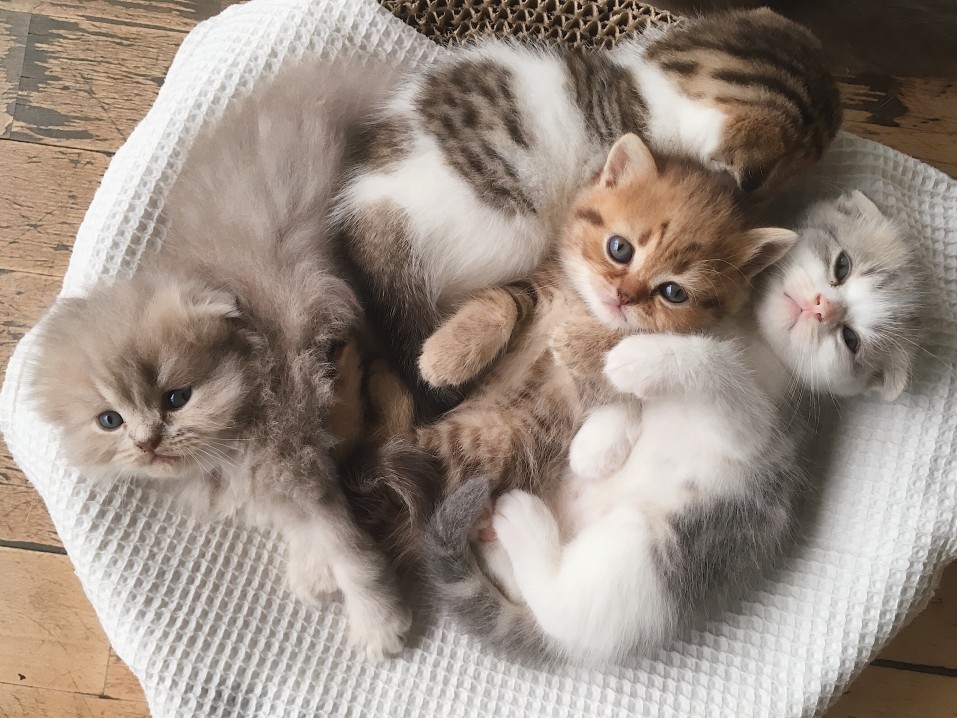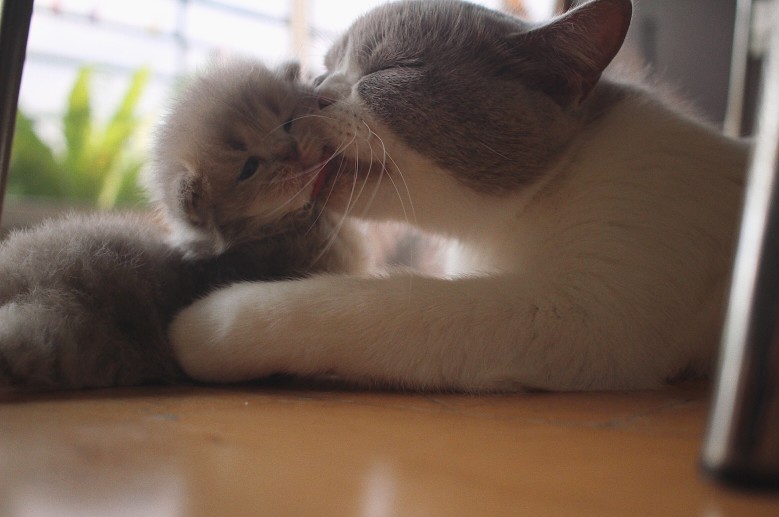You’ve chosen the breed of cat you’d like to adopt, now it’s time to make sure you buy your kitten from a reputable, responsible breeder (best cat cattery).
Unfortunately, not all breeders have the best interests of cats and kittens at heart, and may prioritize profit over the animal’s health. That’s why it’s so important to find a good cat breeder.
Read on to find out how to choose a good cat breeder.
What are the requirements for good cat breeding?
A breeder must love his cats, know the breed and be committed to producing healthy, well-socialized kittens. Their premises must be clean and well-organized. You’ll want to ask lots of questions, but don’t be surprised if the breeder asks you just as many. He or she will be keen to discover the kitten’s new environment.
They must be willing to offer expert advice and be available at any time to discuss or answer your questions. Don’t expect to take a kitten straight home – you’ll probably see it when it’s a few weeks old, when it’s not ready to leave its mother. You can also expect to pay a non-refundable deposit.
Planning a visit to the cat cattery
- Call to make an appointment with the breeder before your visit and let him know if you change your plans.
- Never buy a kitten on impulse. Your purchase must be well thought-out and meticulously planned.
- Never move from one breeder to another, as you could be the cause of cross-infection.
Visiting the far-flung cat cattery
- Ask to see where kittens are usually kept and to see the mom and, if possible, the dad. This will help you assess temperament.
- Ideally, kittens will have been raised at home, so that they are accustomed to normal domestic activities and have been well socialized.
- If the breeder’s house is dirty and smelly, and there are lots of other kittens around, be very careful.
- Pedigree kittens should never leave home before ten weeks of age, and most are placed in homes between 12 and 16 weeks.
- Some breeders sterilize their kittens before placement to ensure they don’t reproduce.
- Reputable breeders always have a contract which must state what they guarantee, along with all the conditions of sale.
A healthy kitten – cat breeding
- A kitten needs to be alert and interested in you. If a kitten is weak or lethargic, be very careful.
- Ears and nose must be clean and odor-free.
- Eyes should be bright and clear, with no redness or discharge.
- You should be able to feel but not see a kitten’s ribs. He must also have a good appetite.
- A kitten’s bottom should be clean and unblemished. A dirty or painful area under the tail may indicate diarrhea.
Questions to ask the breeder
Have any of the kittens had health problems?
Find out if any of the kittens in the litter have had a check-up or been treated by the vet for any reason. If your kitten has been examined or treated, the breeder must provide details of any abnormalities the vet may have noticed.
Is the mother in good health – vaccinated and dewormed?
It’s very important that the mother is in good health and up to date with her vaccinations and deworming, otherwise the kittens may also be at greater risk of health problems.
How many litters, including this one, did the mother have?
Pregnancy, birth and raising kittens require a lot of energy and work for the mother. Avoid kittens from mothers who have had many litters, as this may be a sign that the breeder is expecting too much from the mother, and may also mean that the kitten’s care and condition could be affected.
Have the kittens been treated for worms or other parasites and received their first vaccinations?
Many kittens have worms, which are generally transmitted to them through their mother’s milk. To ensure that kittens are in good health, breeders should, with veterinary advice, have them dewormed. Avoid buying your kitten from a breeder who has not dewormed his cats and kittens. Vaccinations are also very important in preventing certain fatal diseases. Kittens normally receive their first vaccination at around eight or nine weeks of age. If your kitten has already been vaccinated, the vet will have issued a vaccination certificate.
Where are kittens kept and are they socialized?
For example, are they kept inside the house or in a busy room where people come and go and interact with the kittens? A kitten who hasn’t met many people or lived in a quiet house may be afraid of new people and different environments when she’s older.
A final word on cat breeding: Don’t forget that a cat can live from 15 to 20 years, so owning one is a long-term commitment you shouldn’t rush into. Find a good breeder and wait for a kitten. Whatever you do, and no matter how much you fall in love with a particular cat or cat breed, avoid impulse buying. You may pay a little more for a pedigree kitten – but you’ll save money on vet bills in the long run because of the work and passion that breeding has put into the animals in question.






